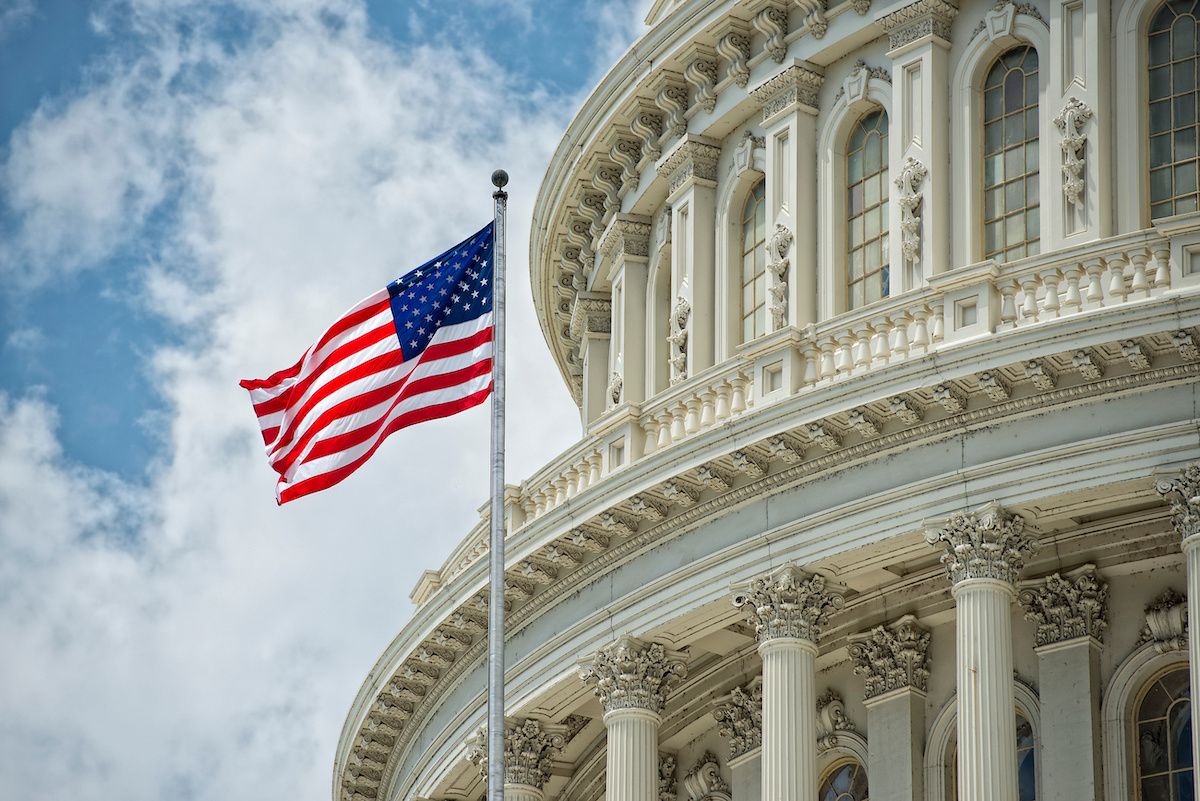Article
MASSACHUSETTS - CONTINUING MEDICAL EDUCATION (CME)
Massachusetts state laws and regulations that affect your medical practice
1. How many hours of Continuing Medical Education are required each year?
Physicians must earn one hundred (100) credits during the two years immediately preceding the birthday license renewal date. The majority of credits must be earned in study directly related to the physician's primary area of practice.
Credits shall be earned as follows:
• A maximum of sixty (60) credits completed in Category 2.
• Two (2) credits of study of the Board of Registration in Medicine's regulations (included in the biennial 100 credits of CME).
• Ten (10) credits total of risk management study with a minimum of four (4) credits in Category 1 (the remaining six credits may be in Category 1 or Category 2).
2. What is the difference between Category 1 and Category 2 credits?
CME activities are designated Category 1 by an accredited sponsor or joint sponsor. Category 1 activities can take the form of lectures, seminars, use of self-study materials, self-assessment programs, mini-residencies, and use of audio-visual or computer-based materials, on-line courses, video-conferences, etc. Earning an advanced degree in an area related to medicine, such as a master's in public health, earns 25 Category 1 credits following the award of the degree.
Category 2 study includes attendance at lectures and seminars designated Category 2 by an accredited sponsor of CME, medical teaching and a maximum of 10 credits claimed only once for medical or educational content of a publication or exhibit.
2. How will the State Board of Medical Examiners know whether a physician has completed the necessary hours of CME?
Physicians should maintain records of their CME activities, but are not required to submit documentation to the Massachusetts Board of Registration in Medicine with their renewal applications. The Board may conduct an audit and randomly select physicians to forward evidence of CME credits listed on their renewal form. Therefore, it is important to keep adequate records of all CME credits earned within the biennial renewal cycle.
3. Are there any exemptions for CME?
Physicians who receive an initial license within three months prior to their birthday will not be required to renew the registration until their birthday in the second year following the aforesaid birthday. The Massachusetts Board of Registration in Medicine will assign a renewal date to new licensees.
4. What are the requirements for reporting CME?
To renew a medical license, physicians must certify compliance with state CME requirements. Licensees are required by law to renew their licenses biennially, on or before their birthdays.
Massachusetts Medical Society, Continuing Medical Education Requirements for Physician License Renewal in Massachusetts
Copyright Kern Augustine Conroy and Schoppmann, P.C. Used with permission.





